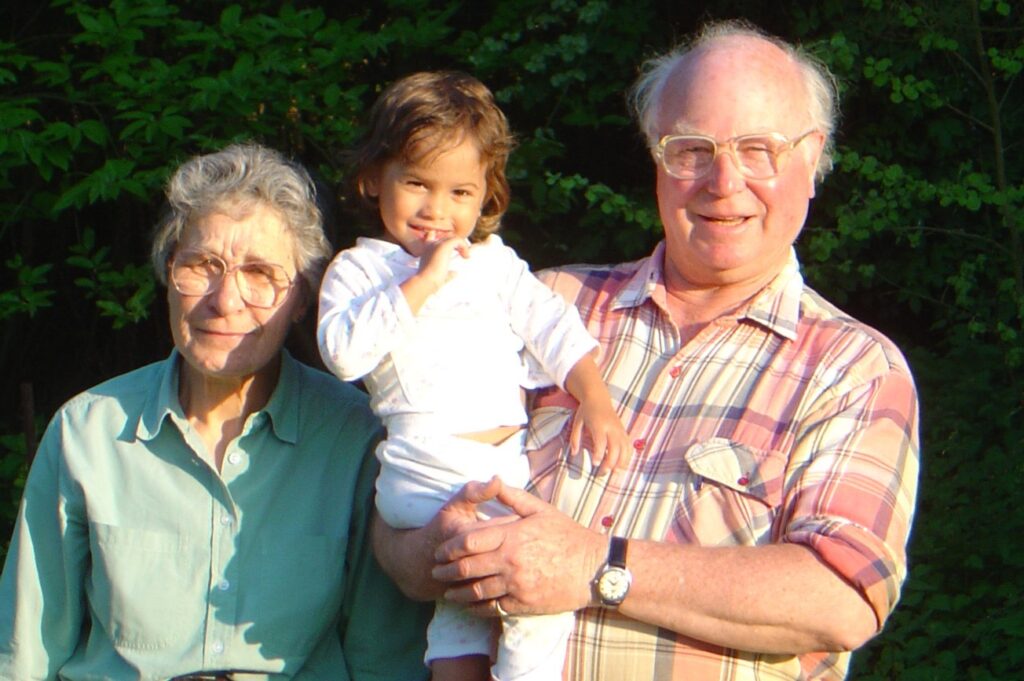We are marking Carers Week 2024 by holding a drop-in event in the Courtyard. You are all invited to come and share coffee and cake and enjoy the company of other NU Carers.
11 June 2024
Courtyard Private Dining Space
Between 1pm and 3pm

Almost 10 years ago, with help from dementia care professionals, we managed permanent residential care for my husband, Mike, who has frontotemporal degeneration (FTD). He was well supported by his psychiatric care team, but after the relief of knowing he would have 24-hour care, I was left with deep grief and sadness. Grief that his dementia was progressing so quickly that I was losing him and sadness that it was not safe for me to care for him at home.
In the middle of this emotional time, I was phoned by someone from the local council’s Deprivation of Liberty team who bluntly took me through a questionnaire about Mike’s liberty without much explanation to what this meant. I was left shaken, uneasy and a deep sense of guilt that I had deprived my husband’s freedom.
I wish I had been prepared for this interview by our family social worker, or the care team, so I wanted to write this blog piece to explain what Deprivation of Liberty Safeguarding (DoLS) is and to help other others be prepared for that phone call if their cared-for person needs residential care because of mental capacity.
The first thing to say is that DoLS has a new, and I feel, more appropriate name: Liberty Protection Safeguards (LPS). LPS is rooted in the Mental Capacity Act 2005 and sets out to keep safe the rights or people who need supervised care (a care home in our case) and who do not have the capacity to consent to the care arrangements. The government’s website has more information here: https://www.gov.uk/government/publications/liberty-protection-safeguards-factsheets/liberty-protection-safeguards-what-they-are Note: it is not the same as being detained under the Mental Health Act 1983.
I was contacted because I am Mike’s nominated representative and each year now, I have a paper copy LPS questionnaire to review, sign and return. It is a quite simple and angst- free process. On reflection, I was unlucky to have been initially phoned by someone so brusque that I felt accused. Of course, liberty is a huge concern and should be monitored and I am glad Mike’s case is reviewed.
Mike is fortunate to have exceptional around the clock care in his home. He is safe, physically well and is involved in enjoyable activities. I have moved on from feeling guilty and know that his residential care is the furthest thing from deprivation.
Karen Hendrix, Carer, 2024

In the majority of my memories of my grandma, Sally Whitestone, she has dementia. Two years ago, after a stroke, she became bed-bound and her vascular dementia advanced until she passed this summer. She and my grandfather, now 93 years old, were married for 63 years: a time in which they travelled the world, had three children, five grandchildren, and were a great example of love to everyone around them. My grandma was kind, observant, witty and had great comedic timing right up until she passed. Having worked as a secretary for MI5, she had a sharp memory and was efficient in everything she did. The unfortunate truth of dementia is that you can’t control how or when it will affect you or the people around you. Whilst she still could, we played scrabble with her, recounted moments from her life, and did what we could to slow down the process of losing parts of her.
When she became bed bound, she required almost full-time care. My family were determined to allow her to live out the rest of her life with my grandad and in the comfort of her home. To do this, we had carers come three times a day to tend to her medical needs, and my aunt, mother, and sister took on the role of unpaid carers, taking it in turns to live with and look after my grandma. Just as importantly, they looked after my grandad as he processed the gradual loss of his wife. Other family members visited often as a gentle relief and a distraction from what he understandably didn’t want to accept was happening. He didn’t need to be strong, that is what everyone else was there for, but he wanted to be there for her, and he was. Throughout, he was calm, loving, and never left her side.
When I came home from uni during my holidays, I did what I could to help, too. I didn’t feel as though I was equipped to support my grandparents as well as everyone else was, and I felt a bit detached being 300 miles away. I called my grandad regularly, and when I came home, I cut both of their hair, bonded with my grandad over our shared love of nature, and sometimes stayed with them to relieve my family from the care they were doing. It can be upsetting for a lot of people having to cut their loved one’s nails whilst they wail, having to spoon feed them every meal or hear them cry out in the middle of the night. I didn’t mind doing it. It was hard, but my grandma has done the same for me as a child. To provide care and comfort to her felt right and gave me more time with her. The hardest part was to see how my family was affected by it all. Nobody wants to see the person they love in that condition having known the person they once were. I am proud of everyone in my family for doing as much as they individually could in the ways that were accessible to them.
In grief it can be easy to feel guilt and anger, although accepting that you feel that way can be hard. Too often we focus on what we didn’t do and not enough on what we did. The drawn-out loss of my grandma was a difficult time in all our lives, but what amazed me the most was that, even though it took a mental and physical toll on my family, everyone made sure my grandma felt loved. This is a feeling which, to me, seems to be what human beings can comprehend best from the day they are born to the day they die. There is no doubt in my mind that the selflessness of caring for someone, in whatever capacity you can, resounds with them more than they can maybe express. We are lucky that we could support my grandma in living at home, and we could have medical support too. The position you are in maybe be very different, and you may not have a close support system, but there are people who will understand and who will listen. Although I am not a member of NU Carers, I am so pleased to know it exists for anyone who might need support, an ear, a voice, or a friend, and it is a pleasure to support them in any way I can.
-Taz Nasif, EDI Student Intern for Staff Networks